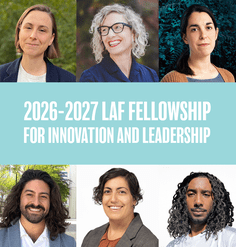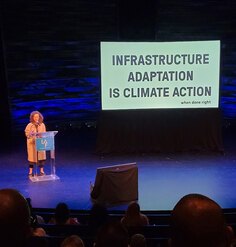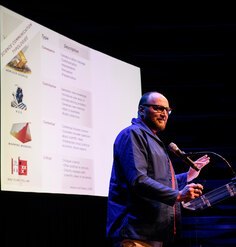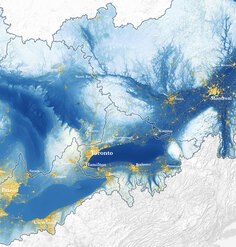LAF Fellow Brad Howe is Harnessing the Power of Landscapes as Learning Labs
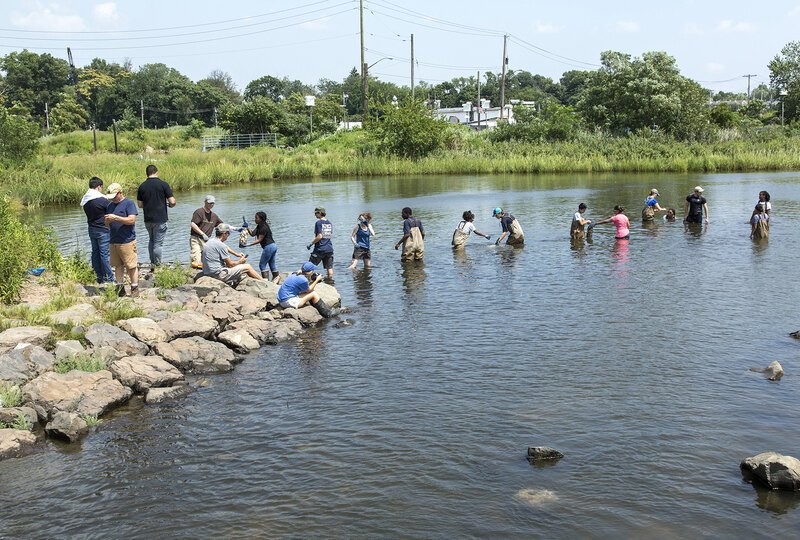
Throughout his career, Brad Howe has discovered many opportunities to highlight the diverse and powerful ways landscapes influence both communities and ecosystems. As part of this work at SCAPE, he has collaborated with partners to engage local students in hands-on science learning experiences rooted in these landscapes. Reflecting on these efforts, Brad became interested in exploring how effective this type of learning is and the ways in which landscape architects can partner with K-12 educators to facilitate impactful, hands-on science education.
This growing curiosity led him to consider the importance of early exposure to the natural world. Research shows that the earlier children are introduced to the outdoors, the more likely they are to develop a lasting respect for the environment. These early experiences can shape lifelong attitudes and behaviors toward environmental stewardship and sustainability. Hands-on, immersive encounters with the natural world—such as exploring local ecosystems, observing wildlife, or engaging in environmental projects—not only spark curiosity but also build foundational scientific knowledge. They help young people see science as something dynamic and relevant, rather than abstract or distant. Beyond broad environmental concepts, these types of projects help students to learn about their local community and make an impact in their own neighborhoods.
While Brad’s work focuses on building the next generation of environmental stewards, students also gain a deeper appreciation for the profession of landscape architecture—and may even begin to envision themselves in such roles in the future. These formative experiences cultivate not only environmentally conscious citizens but also potential future advocates and changemakers in the field.
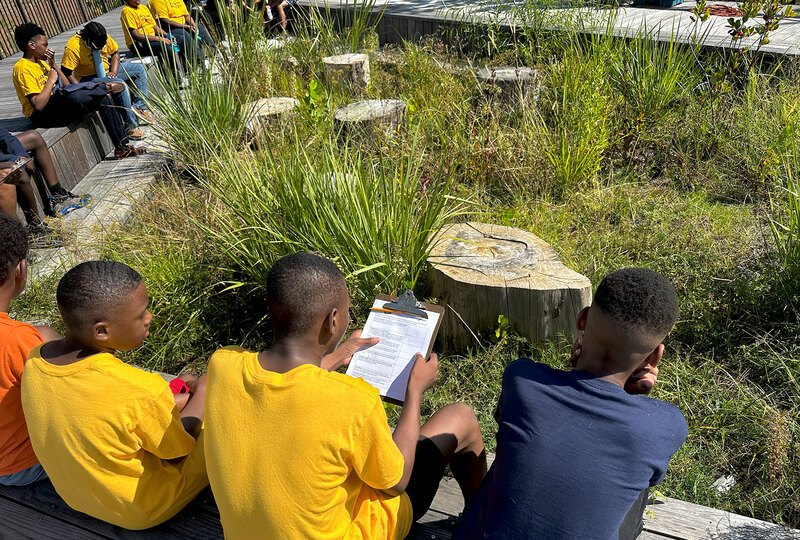
With this foundation in mind, Brad began his 2024-25 LAF Fellowship project, Landscapes are Learning Labs, by immersing himself in research on science education, exploring SCAPE’s history of curriculum work, and delving into case studies written by other landscape architects who created curricula. What he found challenged his assumptions and brought him to some unexpected insights. Through this process, he refined his focus and developed a research question that reflected what he believed could—and should—be accomplished during his fellowship year.
At the upcoming LAF Innovation + Leadership Symposium, Brad will share a practical guide he created for transforming landscape projects into opportunities for hands-on science learning through advocacy and curriculum development, as well as his experience piloting this guide through his own work. His approach emphasizes that landscape architects do not need to become experts in curriculum development. Instead, they can build meaningful partnerships with organizations that already hold this expertise, working together with advocates and educators to create curricula that bring students out into their communities to learn environmental concepts.
While his project will represent the tangible culmination of his LAF Fellowship work, Brad also reflected on the leadership development aspects of the program—what many participants describe as the "quiet work" of the fellowship. This internal journey often proves to be the most transformative part of the experience. Central to the program is a focus on transformational leadership—a model that emphasizes personal growth, emotional intelligence, and the ability to inspire and empower others toward shared goals. Rather than simply directing or managing, transformational leaders seek to connect deeply with their values, build authentic relationships, and lead with vision and purpose. Through guided reflection, dialogue, and coaching, Fellows explore their own leadership styles, clarify what matters most to them, and learn how to lead in ways that are both impactful and sustainable.
For Brad, as for many Fellows, this aspect of the fellowship has been eye-opening and, at times, challenging, as he considers the leader he has been and the leader he hopes to be—offering insights that will continue to shape his work and leadership well beyond the program.
